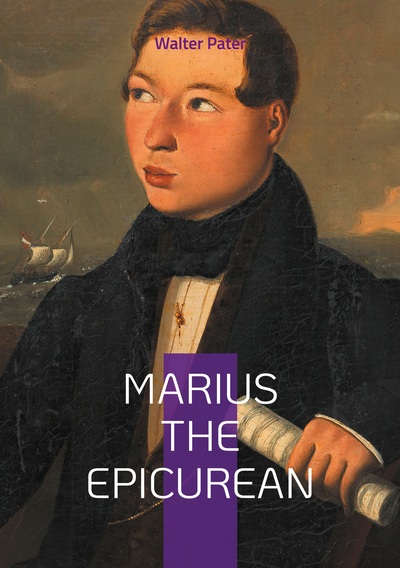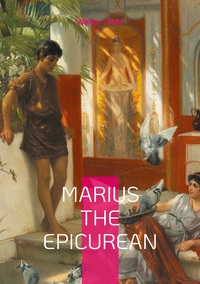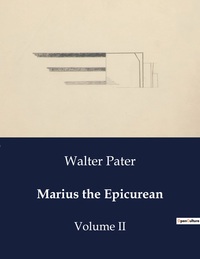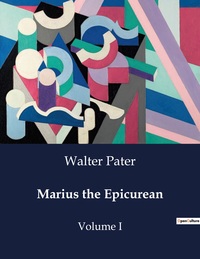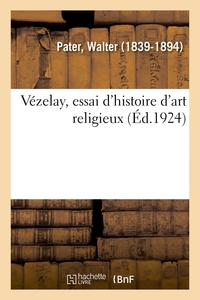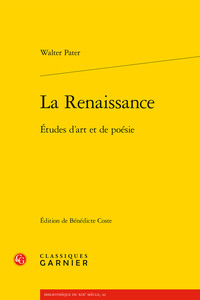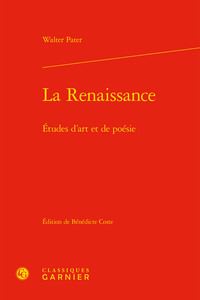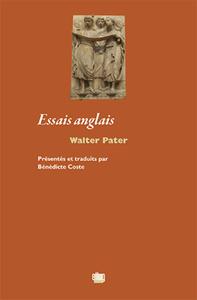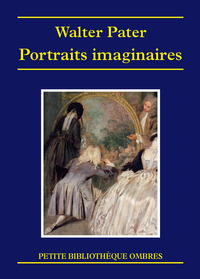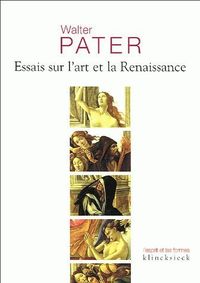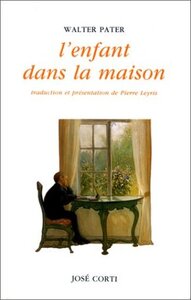Nous utilisons des cookies pour améliorer votre expérience. Pour nous conformer à la nouvelle directive sur la vie privée, nous devons demander votre consentement à l’utilisation de ces cookies. En savoir plus.
Marius the Epicurean
Books On Demand - EAN : 9782322662487
Édition papier
EAN : 9782322662487
Paru le : 30 mai 2025
24,90 €
23,60 €
Disponible
Pour connaître votre prix et commander, identifiez-vous
Notre engagement qualité
-
 Livraison gratuite
Livraison gratuite
en France sans minimum
de commande -
 Manquants maintenus
Manquants maintenus
en commande
automatiquement -
 Un interlocuteur
Un interlocuteur
unique pour toutes
vos commandes -
 Toutes les licences
Toutes les licences
numériques du marché
au tarif éditeur -
 Assistance téléphonique
Assistance téléphonique
personalisée sur le
numérique -
 Service client
Service client
Du Lundi au vendredi
de 9h à 18h
- EAN13 : 9782322662487
- Réf. éditeur : 401476
- Editeur : Books On Demand
- Date Parution : 30 mai 2025
- Disponibilite : Disponible
- Barème de remise : NS
- Nombre de pages : 402
- Format : H:210 mm L:148 mm E:28 mm
- Poids : 580gr
- Résumé : In Marius the Epicurean, Walter Pater presents a deeply introspective philosophical novel set in second-century Ancient Rome. The protagonist, Marius, a young Roman of refined sensibility, embarks on a spiritual and intellectual odyssey in pursuit of a life grounded in truth, beauty, and meaning. Beginning with Epicureanism, Marius is drawn to a life of calm contemplation and sensory harmony. Yet he soon discovers the limitations of this doctrine in offering deeper fulfillment. His journey leads him to the stoic teachings of Marcus Aurelius, whose disciplined wisdom fascinates but does not fully satisfy Marius's longing for spiritual resonance. Revered for its introspective tone and aesthetic precision, Marius the Epicurean became a cornerstone of Victorian literature and greatly influenced later writers such as Oscar Wilde. With its blend of historical fiction, philosophical speculation, and spiritual development, this novel remains a timeless study of intellectual transformation and the search for meaning.
- Biographie : Walter Pater was born in 1839 in London and rose to become one of the most influential literary critics and stylists of the Victorian era. As a scholar at Oxford, he developed a reputation for his refined essays on Renaissance art and for his philosophical reflections on aesthetics and human experience. He died in 1894, leaving behind a legacy of thought that bridged the classical world and modern sensibility. His contributions to philosophical fiction, aestheticism, and introspective narrative continue to resonate with readers who seek beauty, meaning, and intellectual depth.

